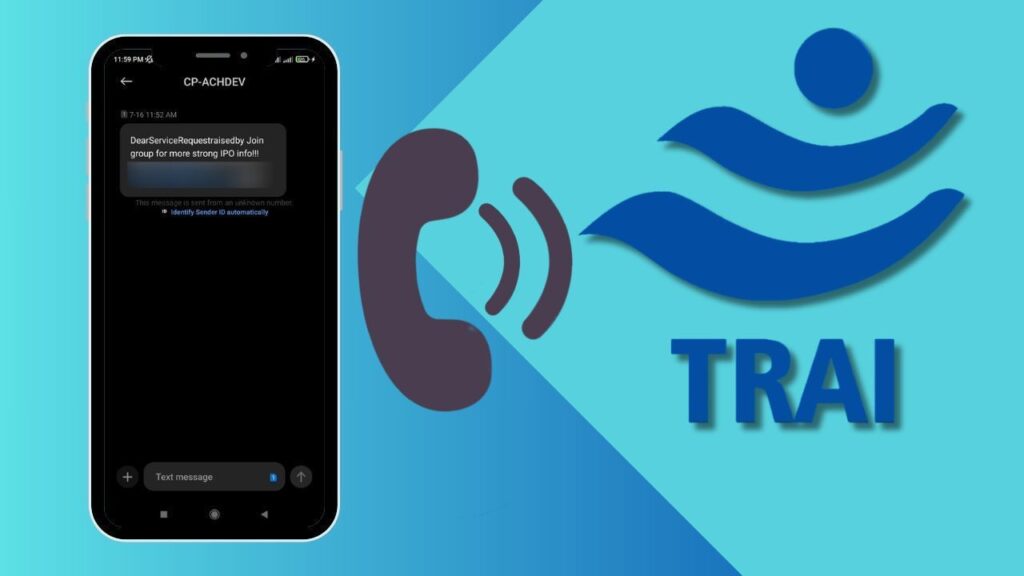The Telecom Regulatory Authority of India (TRAI) has taken a significant step to address the ongoing issue of unsolicited commercial communications. The authority recently released a consultation paper aimed at gathering public opinions on tightening regulations related to spam calls and messages, which continue to inundate consumers despite existing regulations.
TRAI’s Consultation Paper: An Overview
The consultation paper seeks public comments on the review of the Telecom Commercial Communications Customer Preference Regulation (TCCCPR) 2018. These regulations were initially implemented to combat unsolicited calls and messages that plague consumers daily. TRAI’s initiative highlights the ineffective response of the existing regulatory framework, as the frequency of unwanted communications remains alarmingly high.
Significance of TCCCPR-2018
Launched in February 2019, TCCCPR-2018 was designed to mitigate the experience of unwanted promotional calls and messages. The regulations stipulate that companies can only reach out to individuals who have explicitly agreed to receive such communications. However, numerous cases have emerged where telemarketing firms continue to disturb customers despite their preferences being on record.
Issues Addressed in the Consultation Paper
TRAI’s consultation paper addresses several key issues related to unsolicited communications, suggesting a re-evaluation of the current provisions to enhance efficiency. The primary categories discussed in the paper include:
- Definitions related to commercial communications
- Provisions regarding complaint resolution
- Systems for detecting unsolicited commercial communications (UCC) and corresponding action
- Financial disincentives for violators
- Regulations concerning senders and telemarketers
- Analysis of the increasing volume of voice calls and messages.
Strengthening Regulations
To create a more robust framework against unsolicited communications, TRAI is actively seeking inputs from the public. The focus is on implementing stringent provisions against unregistered telemarketers, improving complaint resolution systems, enhancing UCC detection methodologies, imposing stronger fines for regulatory violations, and revising regulations for senders and telemarketers.
Potential Impact on Tariffs
A crucial aspect of the consultation paper relates to tariffs. TRAI is considering the possibility of introducing separate tariffs for voice calls and SMS to effectively tackle unwanted communications. If implemented, telemarketing firms may have to invest in distinct plans for voice and messaging services, leading to an increase in operational costs, which could, in turn, affect consumers.
Action Points for Stakeholders
Stakeholders are encouraged to review the consultation paper, available on TRAI’s official platform, and provide written comments by September 25, 2024. There is also an opportunity for counter-comments, with the deadline set for October 9, 2024. Comments and counter-comments can be submitted via email to the designated TRAI address.
Conclusion
TRAI’s recent consultation paper signifies a proactive approach in curbing unsolicited calls and messages that disrupt the daily lives of consumers. The effective implementation of revised regulations could bring substantial relief to individuals facing the incessant barrage of telemarketing communications.
